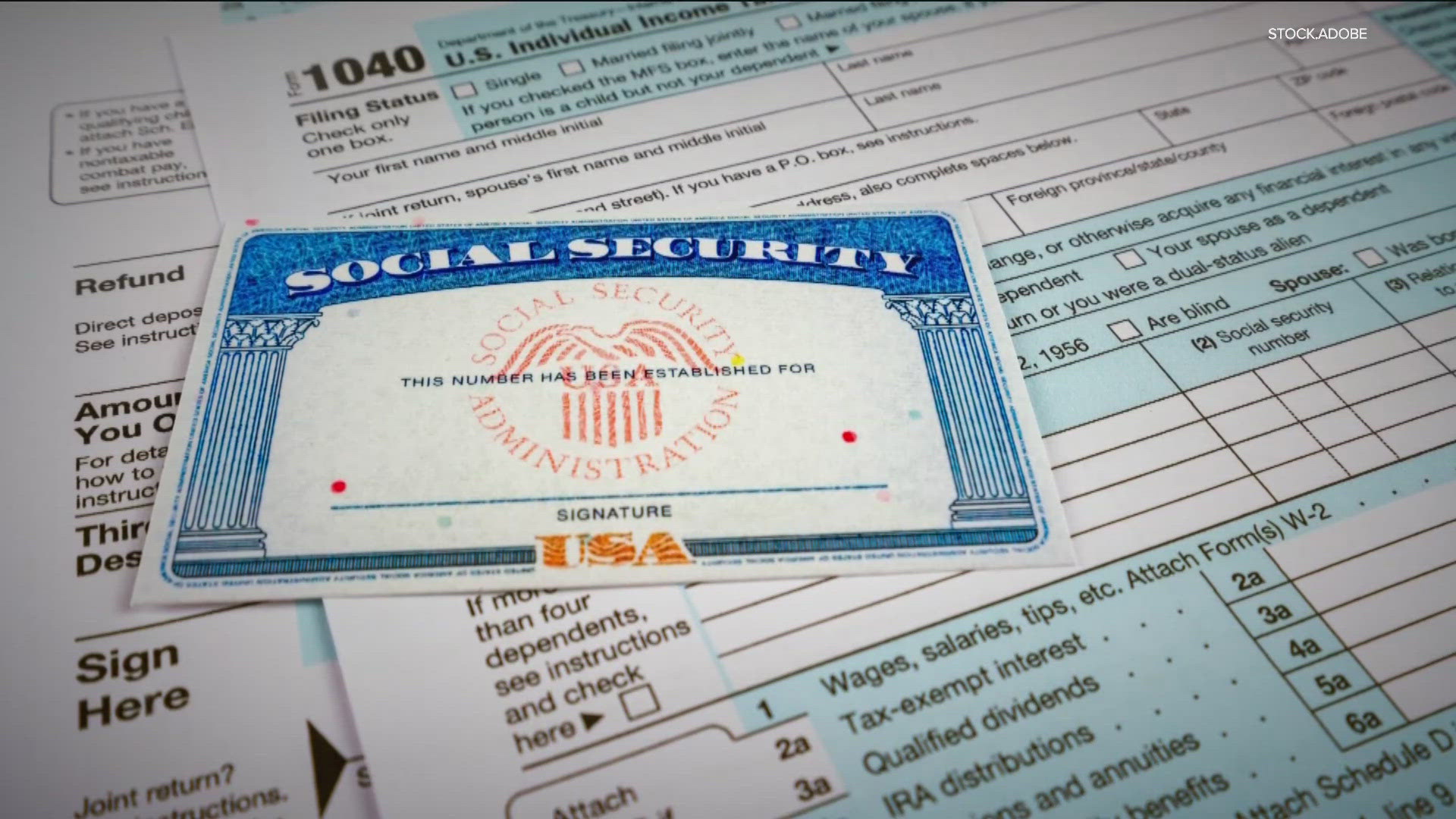MINNEAPOLIS, Minnesota — Another data breach is in the news. National Public Data, a Florida-based background check company, has confirmed the breach after a class-action lawsuit was filed earlier this month.
According to NPD, the incident is "believed to have involved a third-party bad actor that was trying to hack into data in late December 2023, with potential leaks of certain data in April 2024 and summer 2024."
About 2.7 billion records of Americans' personal information were leaked, including Social Security numbers, emails, phone numbers, addresses and dates of birth.
"That does not necessarily mean that we are talking about 2.7 billion people. It means simply 2.7 billion rows in an Excel file... think about it like that," explained Faisal Kaleem, a Metro State University professor in the Department of Computer Science and Cybersecurity and director of the cybersecurity programs at Metro State.
Kaleem said while centralized systems can offer efficiency, simplicity and security, they also are at a higher risk for large-scale breaches.
"When it comes to the centralized system from the attacker perspective, it's a high payoff because they house large data sets, meaning a single breach or a single point of failure can yield substantial amount of sensitive information," Kaleem said.
He went on to say, "There's a single point of failure, as well. They are more vulnerable to being compromised through a single misconfiguration or vulnerability."
According to Krebs on Security, cyber security experts who analyzed the data found this breach involves about 134 million unique email addresses, according to Troy Hunt, and 272 million Social Security numbers, according to Atlas Data Privacy Corp. Kaleem added that it includes data from people who are dead.
Cybersecurity firm Pentester has an easy way for people to check online to see if their data was involved in the breach.
Kaleem said even those not affected by the breach should consider these tips. He suggests everyone should be putting a free freeze on their credit files at the three major credit bureaus: Equifax, Experian and TransUnion.
The freeze will prevent criminals from taking out loans, signing up for credit cards, and more under someone else's name.
Kaleem also recommends getting free credit reports from the three bureaus and suggested annualcreditreport.com.
Kaleem also said those affected by the data breach should be even more vigilant about phishing scams.
"My data is breached. All of a sudden I've been receiving a tons of phone call, tons of e-mails," Kaleem said.
Kaleem recommends everyone use strong, unique passwords, enable multi-factor authentication on accounts and make sure their devices' software is up to date.

